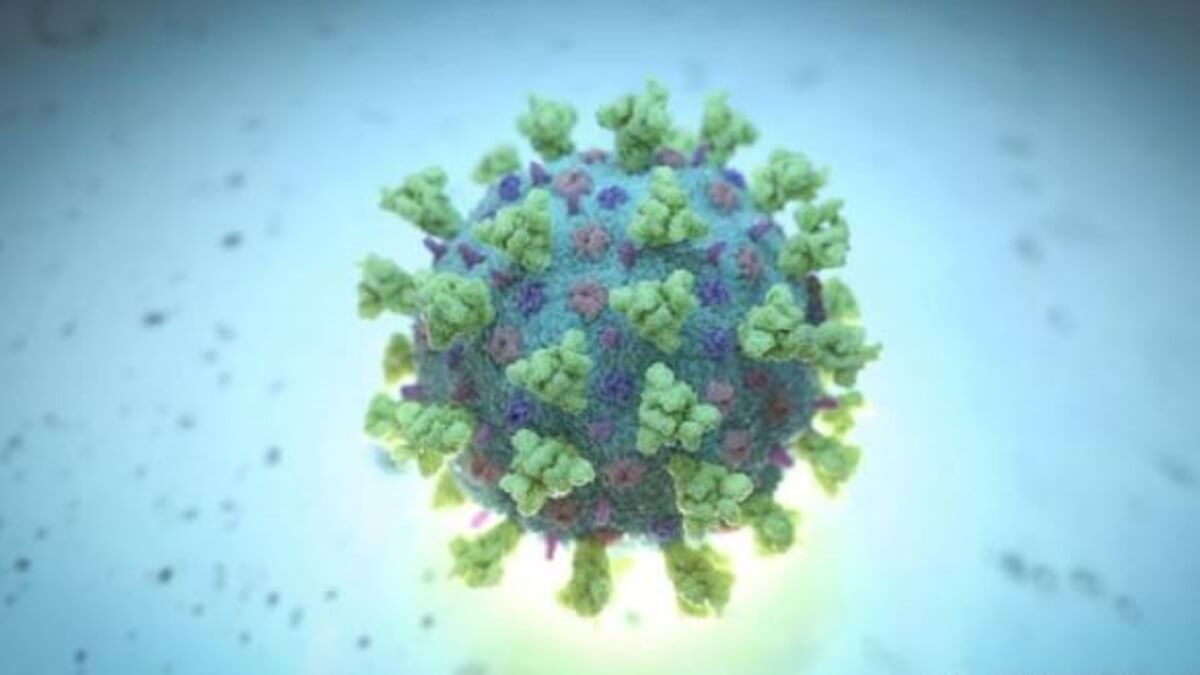Two persons have died of influenza caused by the H3N2 virus, the government said today. One person has died in Haryana and the other in Karnataka. H3N2 virus Alert in India: 2 death cases reported; symptoms, treatment. An 82-year-old man in Karnataka’s Hassan is believed to be the first to die of H3N2 in the country.
Hire Gowda was admitted to hospital on February 24 and died on March 1, according to officials. He was reportedly a diabetic and suffered from hypertension. Around 90 cases of the H3N2 virus have been reported in the country. Eight cases of the H1N1 virus have also been detected.
Cases of flu have been rising in the country over the past few months. Most of the infections are caused by the H3N2 virus, also known as the “Hong Kong flu”. This virus causes more hospitalisations than other influenza subtypes in the country. Only H3N2 and H1N1 infections have been detected in India so far.
According to the Centre for Disease Control and Prevention (CDC), H3N2v is a non-human influenza virus that normally circulates in pigs and that has infected humans – known as ‘swine influenza viruses’. When these viruses infect humans, they are termed ‘variant’ viruses.
The specific H3N2 variant virus was detected in 2011 in humans with genes from avian, swine, and human viruses and the 2009 H1N1 pandemic virus M gene, said CDC. Currently, the severity of illness associated with H3N2 resembles that of seasonal flu.
H3N2 symptoms include fever, respiratory issues like cough and runny nose, as well as other symptoms including body aches, nausea, vomiting, or diarrhea. These symptoms usually may last for about a week, however, some people may endure them for a longer period of time too.
H3N2 treatment: People with the H3N2 virus are being advised medications that must be taken as per prescriptions. The currently recommended drugs oseltamivir, zanamivir, peramivir, and baloxavir – are available by prescription from the doctor. In case of flu, people are advised to stay at home for 24 hours after the fever has subsided.
Also Read: Old Note Exchange: Rs 500, Rs 1000 notes exchange opportunity again; here is RBI clarification
According to CDC, children below five years of age, people who are 65 years and older, pregnant people, and people with certain long-term health conditions like asthma, diabetes, heart disease, weakened immune systems, and neurological or neurodevelopmental conditions are at a higher risk of developing complications if they get infected with the virus.


Comments are closed.